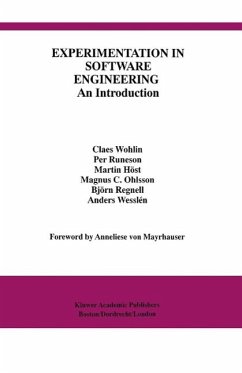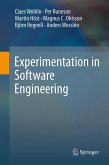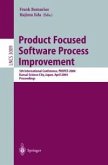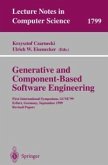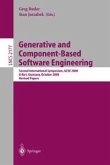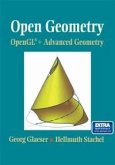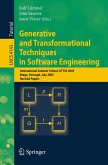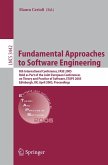It is my belief that software engineers not only need to know software engineering methods and processes, but that they also should know how to assess them. Conse quently, I have taught principles of experimentation and empirical studies as part of the software engineering curriculum. Until now, this meant selecting a text from another discipline, usually psychology, and augmenting it with journal or confer ence papers that provide students with software engineering examples of experi ments and empirical studies. This book fills an important gap in the software engineering literature: it pro vides a concise, comprehensive look at an important aspect of software engineer ing: experimental analysis of how well software engineering methods, methodologies, and processes work. Since all of these change so rapidly in our field, it is important to know how to evaluate new ones. This book teaches how to go about doing this and thus is valuable not only for the software engineering stu dent, but also for the practicing software engineering professional who will be able to . Evaluate software engineering techniques. . Determine the value (or lack thereof) of claims made about a software engineer ing method or process in published studies. Finally, this book serves as a valuable resource for the software engineering researcher.
Dieser Download kann aus rechtlichen Gründen nur mit Rechnungsadresse in A, B, BG, CY, CZ, D, DK, EW, E, FIN, F, GR, HR, H, IRL, I, LT, L, LR, M, NL, PL, P, R, S, SLO, SK ausgeliefert werden.
From the reviews: "The revised edition includes new chapters and examples, which further cements its place as the premier book on the topics of designing, constructing, executing, and assessing experiments in software engineering. (...) The revisions will make this book even more valuable. (...) It ought to be required reading for all PhD students; every academic's bookcase should have a copy." (Michael Oudshoorn, Computing Reviews, October, 2012) "This book is a landmark in allowing us to train both the researcher and practitioner in software engineering experimentation." (Victor R. Basili, University of Maryland, MD, USA) "The additions and modifications in this revised version very nicely reflect the maturation of the field of empirical software engineering." (Anneliese A. Andrews, University of Denver , CO, USA) "The volume, a revised edition of a work by the same name ... published in 2000, presents a very useful review of methods in software engineering research. It is structured as a textbook, making it useful for an introductory graduate-level course or a fourth-year course at the undergraduate level. Practitioners and experts will also benefit from this book, as they can use it as a starting point for more in-depth approaches. ... Summing Up: Highly recommended. Upper-division undergraduates through professionals/practitioners." (L. Benedicenti, Choice, Vol. 50 (9), May, 2013)
`This is a well written and concise book, which provides the reader with the essentials necessary to design, conduct and analyse a software engineering experiment. Its value lies in that it is specifically written for the software engineering field, and has surveyed the major contributions by a number of leading researchers in this area. A `how to' book is always welcome, both as a useful starting point to the inexperienced and as a helpful reference and reminder of best practice to others.'
Software Testing Verification and Reliability, 11 (2001)
Software Testing Verification and Reliability, 11 (2001)

